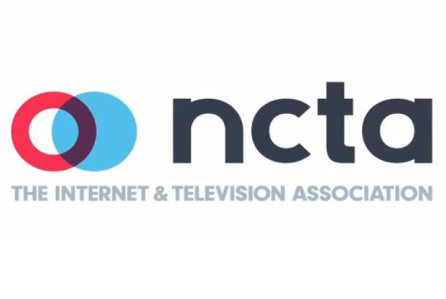 The cable industry’s broadband Achilles’ heel has always been upstream speeds that are set much lower than download speeds. But the days of asymmetric cable broadband may soon be a thing of the past if CableLabs successfully defines a new Full Duplex extension for DOCSIS 3.1 — bringing symmetrical broadband speeds to cable companies across the country.
The cable industry’s broadband Achilles’ heel has always been upstream speeds that are set much lower than download speeds. But the days of asymmetric cable broadband may soon be a thing of the past if CableLabs successfully defines a new Full Duplex extension for DOCSIS 3.1 — bringing symmetrical broadband speeds to cable companies across the country.
CableLabs sees the potential of eventually offering multi-gigabit broadband over today’s existing hybrid fiber-coax (HFC) cable systems. Marketing 1,000/1,000Mbps internet access could keep cable operators competitive with fiber to the home services that already offer symmetrical internet speeds.
The cable industry-supported research group is collaborating with vendors, according to Belal Hamzeh, vice president of wireless for CableLabs, in a blog post.
“The ecosystem support for the Full Duplex DOCSIS 3.1 technology has been staggering, with many vendors collaborating and contributing to the development of the technology,” Hamzeh wrote. “A recent example is Cisco’s contribution of a new silicon reference design of a digital echo canceler that maximizes the use of HFC capacity to provide a scalable multi-gigabit return path.”
The Full Duplex DOCSIS 3.1 project transitioned from the innovation phase to the R&D phase in June. A working group will continue to meet on a regular basis to finalize the specification, which will allow vendors to begin producing modems that support the new standard.


 Subscribe
Subscribe Stop the Cap! reader Gabe, a Time Warner Cable customer, recently decided to upgrade his service to Charter’s fastest internet plan in his area — Ultra/100Mbps. That upgrade stopped dead in its tracks when Charter Communications informed him there is a mandatory $200 “activation” fee for customers selecting 100Mbps service.
Stop the Cap! reader Gabe, a Time Warner Cable customer, recently decided to upgrade his service to Charter’s fastest internet plan in his area — Ultra/100Mbps. That upgrade stopped dead in its tracks when Charter Communications informed him there is a mandatory $200 “activation” fee for customers selecting 100Mbps service.
 The country’s largest cable industry lobbying group has decided to drop the word “cable” from its name, rebranding itself NCTA – The Internet & Television Association.
The country’s largest cable industry lobbying group has decided to drop the word “cable” from its name, rebranding itself NCTA – The Internet & Television Association.
 The Berkshire Eagle covered an open meeting held last night at the Great Barrington Firehouse, where residents and officials wondered why they could only lease a cable box from Charter, and
The Berkshire Eagle covered an open meeting held last night at the Great Barrington Firehouse, where residents and officials wondered why they could only lease a cable box from Charter, and 